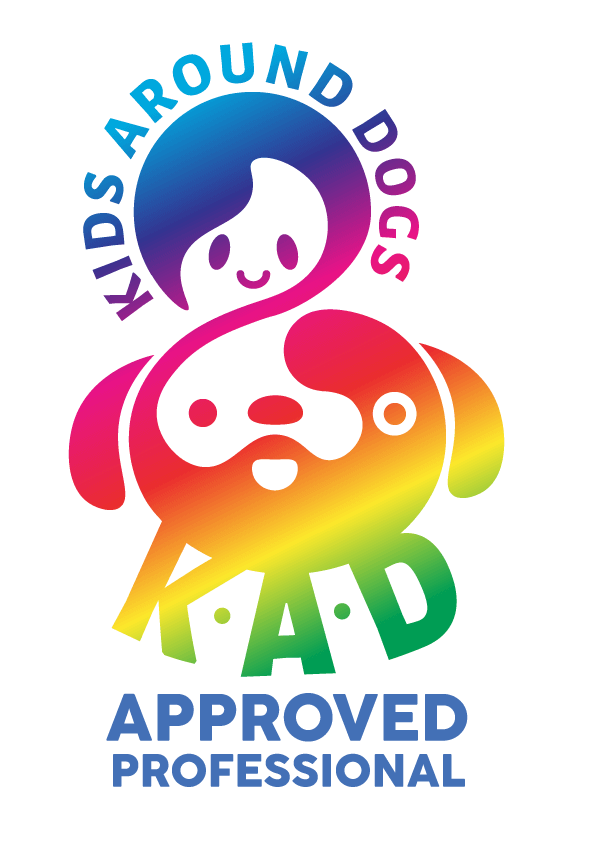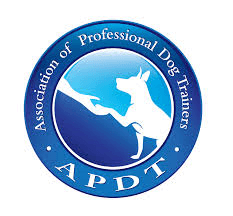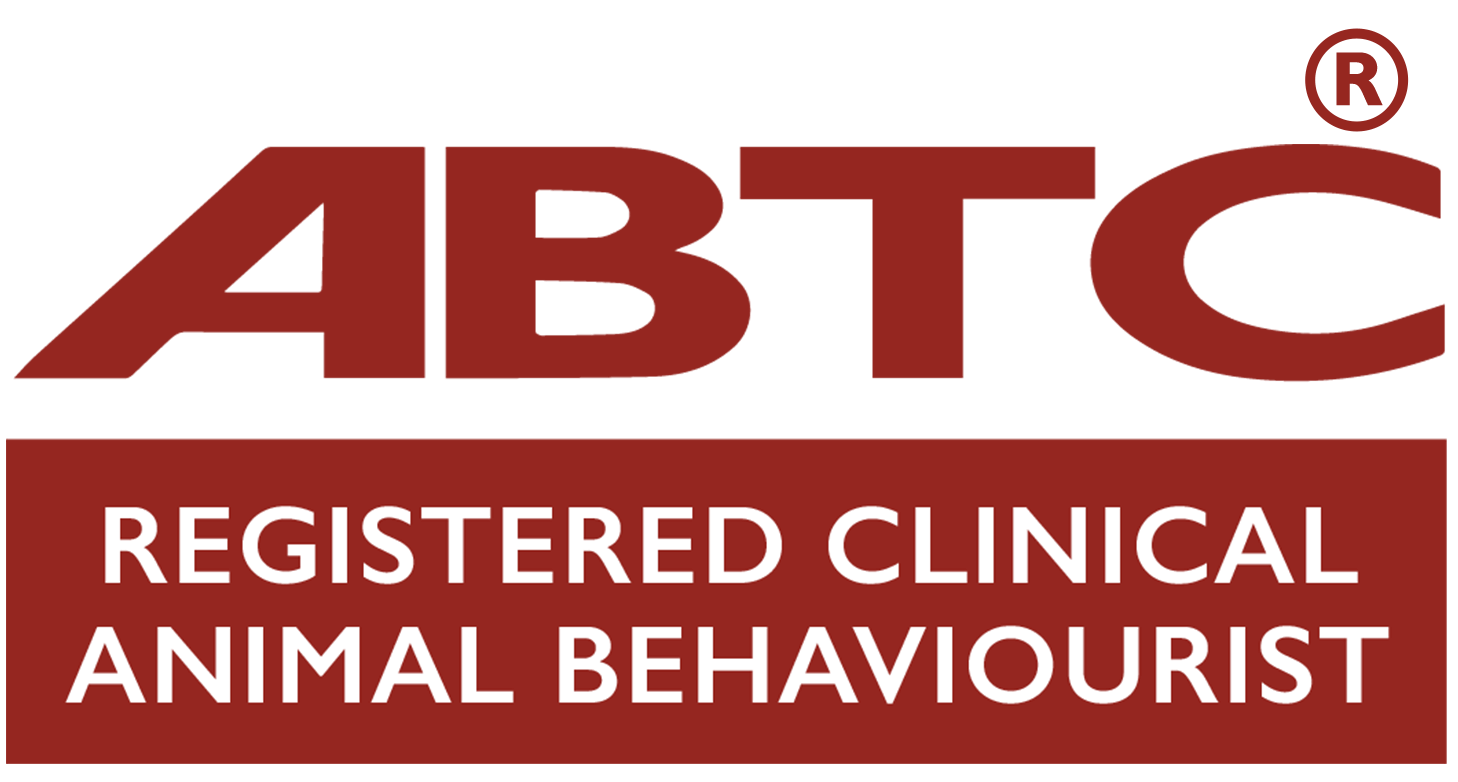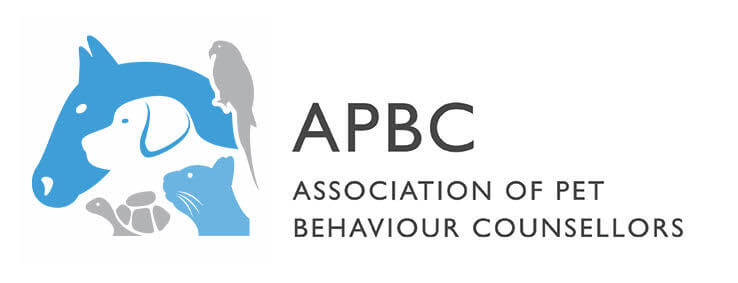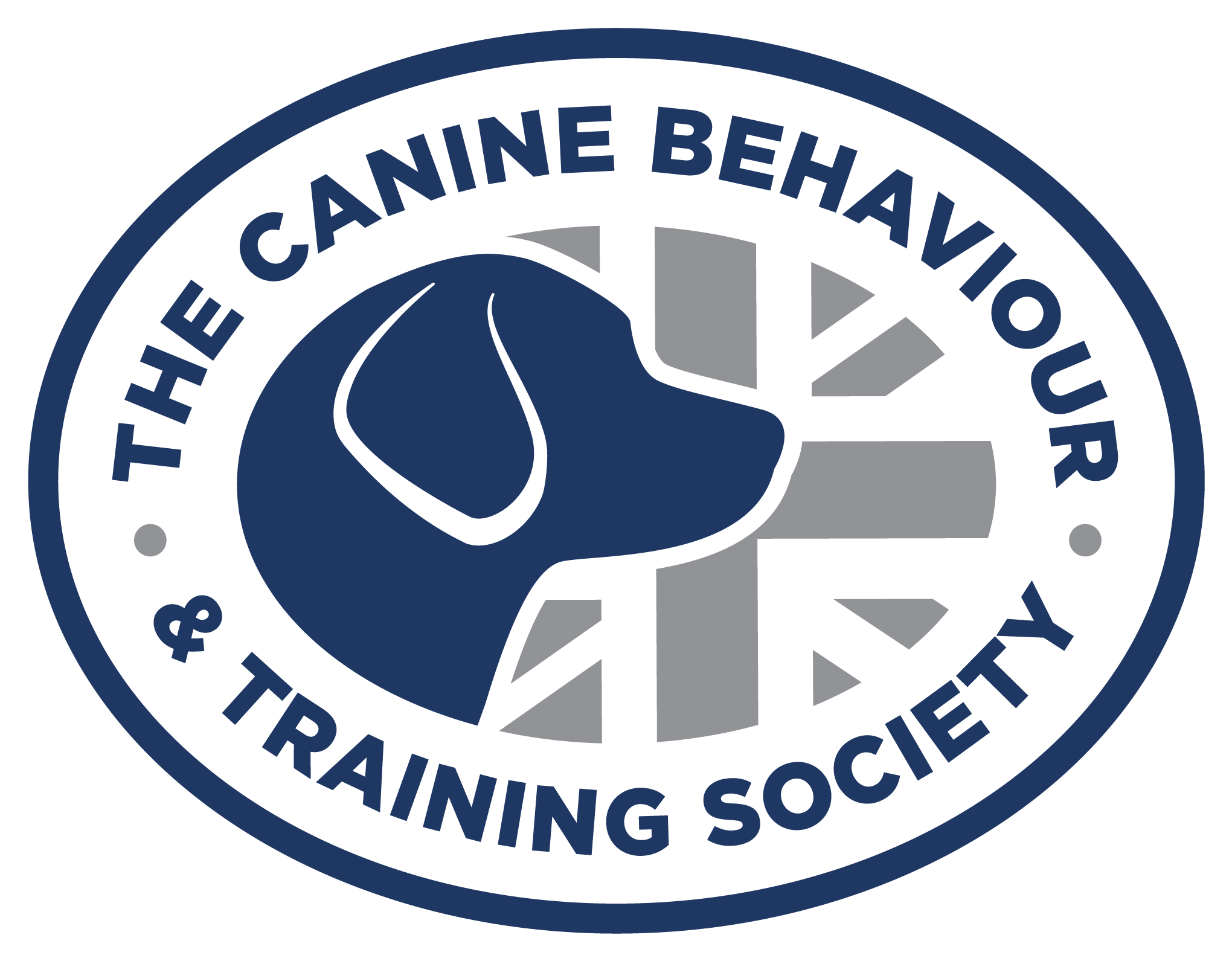Two independent studies of genomes in dogs are currently helping researchers get a better understanding of the complexities of our four-legged friends.
The first study by the University of Michigan has revealed that dogs share the same gene that causes albinism in humans. The condition known as ‘oculocutaneous albinism’ is caused by some defects in the gene – and – it is this type of albinism that has certain characteristics that can be seen in both humans and dogs. Traits includes: light-pigmented skin and hair, eye discolouration and the individual’s sight being affected. The study involved twenty Dobermans, a breed that can be prone to this genetic defect. The researchers discovered that more than half of the albino dogs had at least one tumour while just one of the regular-coloured dogs possessed a tumour. The research, published in the latest journal Public Library of Science (PLOS ONE), will be of particular interest to Doberman breeders: “Because Dobermans can carry the defective gene, but show no signs of the disorder, [and] this has posed serious problems among breeders…” says Joshua Bartoe, one of the co-authors of the study. He continues: “But now that we have identified the mutation, we can look at the genetic makeup of these dogs and determine if they might be carriers.”
Meanwhile over in Denver (Colorado), Elaine Ostrander, Head of the Comparative Genetics Unit at the National Institutes of Health has been working on a canine genome project for the last 20 years. Ostrander’s work has involved sequencing the DNA of certain breeds that are predisposed to particular diseases. The results of the team’s work will make it possible for anyone studying common dog breeds to compare the sequence of dogs that have a particular disease, to the sequence of healthy dogs from the same breeds – making it easier to find the diseased genes.
And recently, the canine genome project has focused on understanding the genes that control differences in body type. For example; skull shape (the squashed face of a Pug versus the elongated face of the Collie) and the findings have shown that the small number of genes that control the differences between the breeds, are the same ones likely to play a role in skull development in mammals. This is particularly important for human health – especially for children born with craniofacial deformities, as Ostrander says: “This is a way to figure out what sort of genetic variation matters and what doesn’t.”
Genomes are the blue prints in life, and these two genome studies of the dog play a significant role in understanding how we can improve the overall health of both man and his best friend.
Sources: Journal PLOS ONE, and American College of Veterinary Internal Medicine
Learn more about our classes

Get Hanne's Book
Playing With Your Dog will help any dog owner work out the games that are best suited for their pet to play throughout his life, from puppyhood to old age. The book also shares some tricks for all ages, group activities, and recommended toys that dogs will enjoy.















